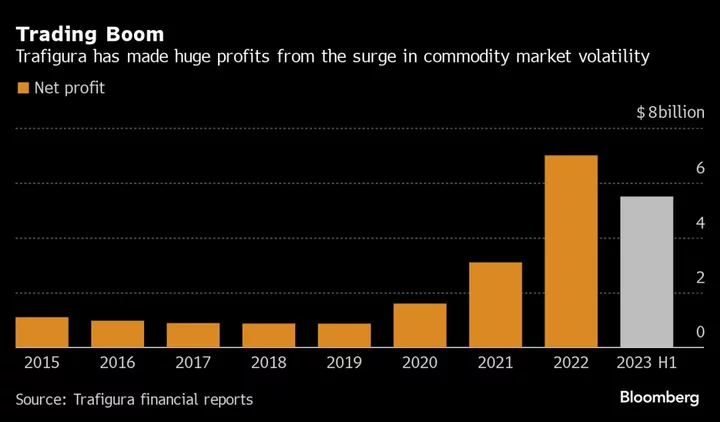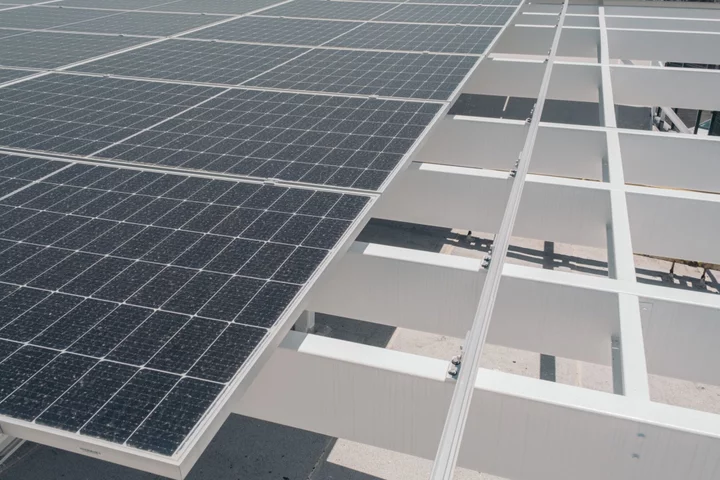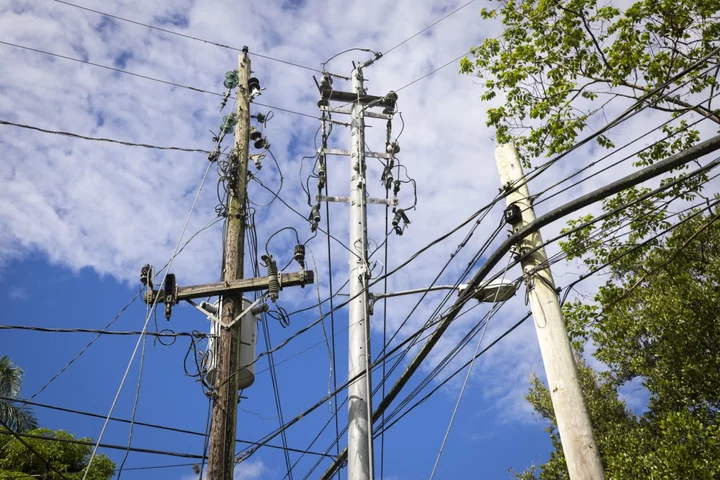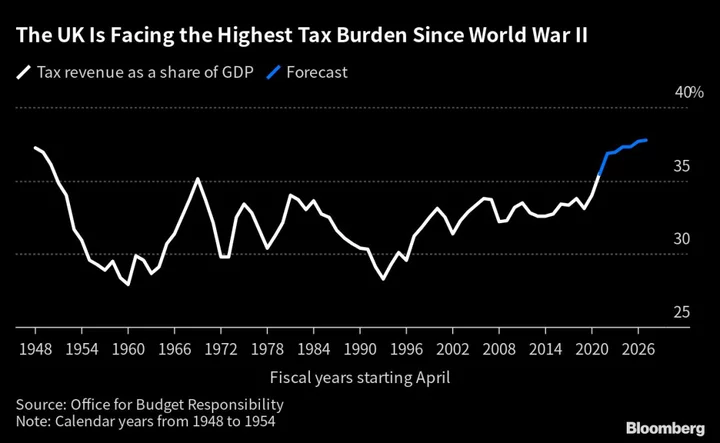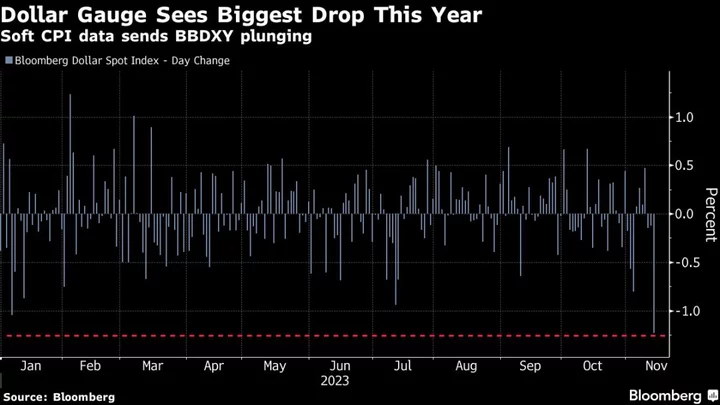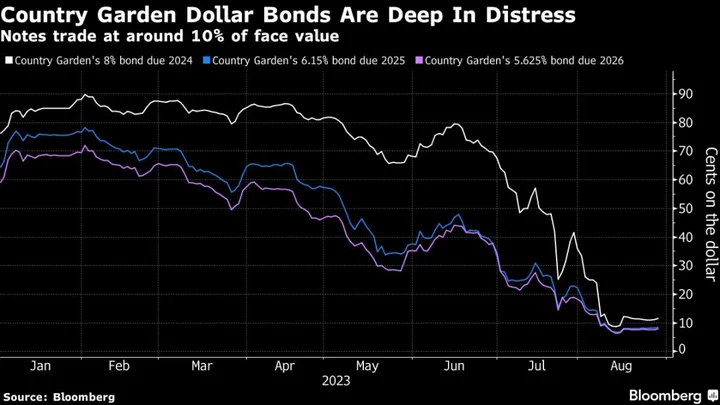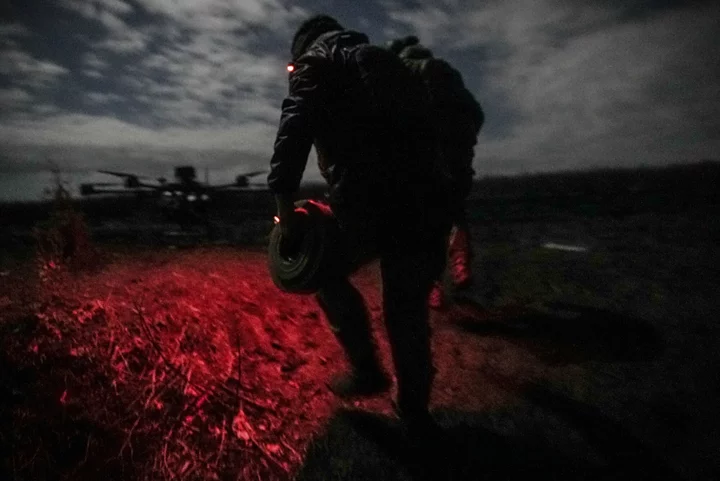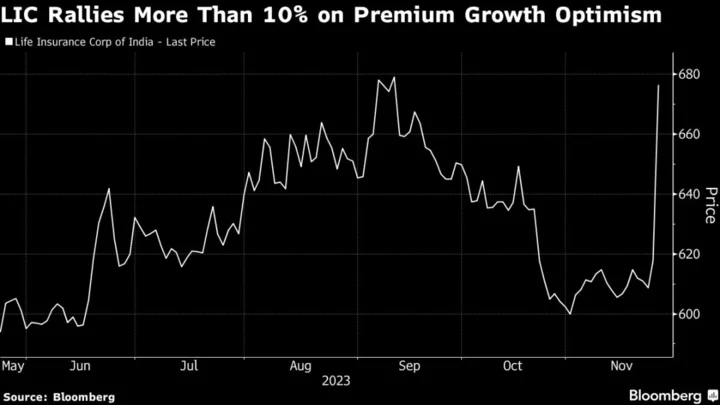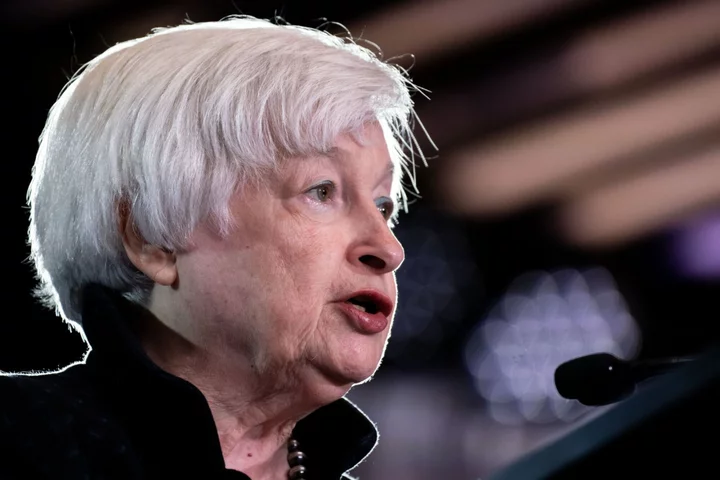The price of Trafigura Group shares rose 188% in its financial year to September, the latest sign of how commodity trading houses are reaping huge profits for the relatively small group of traders and executives who control many of the industry’s biggest players.
Trafigura executives were informed of the gain after the privately owned company concluded its most recent financial year at the end of September, according to people familiar with the matter, who asked not to be identified describing private information. The trading house is set to report its annual results in the coming weeks.
The increase means a windfall for the just over 1,200 top employees who own the company, and serves as an indication of how the largely privately owned commodity traders have continued to reap massive profits from the volatility in energy markets in the wake of Russia’s invasion of Ukraine.
The share price increase is closely watched within Trafigura as it represents the key form of remuneration for the trading house’s top traders and executives, who have a stake in the company through preference shares in holding company Trafigura Beheer BV. Each year, the company buys back some shares from its employees, typically in an amount equivalent to the increase in the value of each employee’s shareholding over the previous year.
Big swings in energy prices helped Trafigura, one of the world’s biggest traders of oil, gas and metals, lock in record net profit of $5.5 billion in the six months to March, up 108% on the same period a year earlier. Trafigura paid out a record $3 billion in the first half of the year to employee shareholders, while rival Vitol Group doubled its staff’s annual pay.
The share price increase comes on top of last year’s 247% surge, when Trafigura benefited from the post-invasion swings in commodity markets to post a record profit.
This year’s gain also highlights a growing divergence between the two sides of Trafigura’s business — the stellar profits have been driven by the energy business, where oil and gas traders continue to benefit from volatile markets, while the metals unit has faced repeated setbacks, including falling victim to an alleged nickel fraud.
The pressure on the metals business has triggered tension inside the company, Bloomberg reported in September, and the share gain will shine a further spotlight on the uneven performance — with the metals traders poised to benefit from the same increase as their energy colleagues who have driven the strong results.
The alleged nickel fraud has cost the company almost $600 million, while the group has also been forced to help seek new funding for one of its flagship investments — a copper-cobalt project in the Democratic Republic of Congo. A subsidiary of Chemaf Resources Ltd., the company that owns the project, recently sought court protection from its creditors including Trafigura as prices for cobalt slid to multi-year lows this year.
Trafigura declined to comment on the gain in the price of its shares. A person close to the company said that the metals performance this year has been strong.

